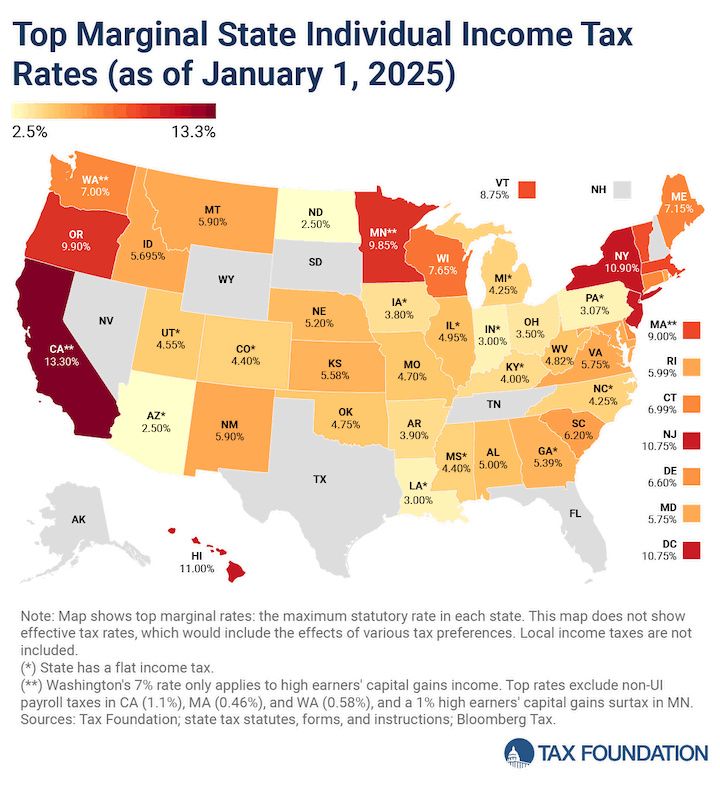Former general counsel of the California Department of Financial Protection and Innovation Avy Mallik joined the law firm Morrison Foerster earlier this month, joining its financial services group as a partner in San Francisco.
Before his work as the California DFPI GC the past three years, Mallik had been director of fintech policy and senior counsel for the House Financial Services Committee in Washington. Prior to that federal role, he held another state post on the other coast, serving as assistant attorney general for the Maryland Attorney General. Prior to those experiences, he led the foreclosure prevention program for the non-profit Civil Justice in Baltimore.
Now, Mallik with bring his experience at the federal and state levels to bear on counseling Morrison Foerster’s financial services clients in what he calls a very “dynamic” time for regulation in the industry.
He’s particularly well-versed in payments issues, such as earned wage access and buy now, pay later, given his role leading California in developing policies in the past few years for those emerging services.
In an interview this month, Mallik talked with Payments Dive about his expectations for regulation in financial services as the Trump administration takes a new tack on federal oversight and states weigh in on regulation.
Editor’s note: This interview has been edited for brevity and clarity.
PAYMENTS DIVE: How will your California state government be a benefit for your new role at Morrison Foerster?
AVY MALLIK: My contribution here is in providing a deep understanding of how state governments and federal governments are looking at regulating the space so that it works in a way that serves the public and allows for innovation and growth.
What gaps might your expertise fill for the law firm’s financial services team?
My role here is to really leverage my many years of senior executive experience with federal and state governments and to give very robust legal and policy advice to the private sector to technology companies that are based in Silicon Valley that may need to understand how Washington is looking at an issue, as well as to explain to Washington, D.C., the priorities of these innovators.
I also have a lot of experience in fintech matters, be it partnerships between technology company providing certain technology related services to a bank or credit union or a standalone provider that may at some point really do big contributions to the financial services space.
The real bread and butter of what I did, both in (California’s) DFPI, and previously as director of fintech policy for the House Financial Services Committee, is understand how digital assets and how AI may transform financial services and the offering for users.
How does the current fintech landscape look to you?
You have innovation occurring at large financial services providers, banks and others, and then you've got upstart entities that are really looking to leverage their knowledge of the technology ecosystem to provide more services to consumers, to small businesses and to investors.
What was your experience in shaping California’s policy on earned wage access regulation?
California finalized its earned wage access regulations earlier this year. I was intimately involved working on this matter as general counsel of the DFPI.
The final rule allows for EWA providers to be part of the California ecosystem, serving California users, while also making sure that they are examined and that there are protections that users have and that the state regulator can engage with these providers so that it's working in a way where, frankly, it's serving everybody, and that there aren't any misleading fees or things of that nature.
It is a dynamic time, and I think that states will continue to lead the charge, California and others, and that it's important we get it right.
What about the state’s policy on buy now, pay later regulation?
Regulators have also had some robust discussions on making sure that consumers understand what those products are. Clearly, there are people that are outside of traditional credit products — they don't have access to it. So, it's important that we get it right, and that there's robust engagement, again, with state regulators, so that innovation can occur...but also making sure that we're not having unhealthy, misleading products out there.
Where do you see digital wallet regulation heading, and how are you preparing clients?
What I will point to again is that states may pick up the mantle and lead the charge. In California, you've got the digital financial assets law that relates more to digital assets in the cryptocurrency area, but to the extent that they hold these digital assets, they will need licensure in 2026 onward in California.
To the extent that there is fiat currency being transmitted, there's going to be a continuing need for a money transmission license at the state level. And the states have always been the leaders in regulating that part of it.
How will companies benefit from states experimenting with different approaches?
We have an incredibly diverse and large country, with 300 plus million people, a huge consumer base, a lot of different needs between rural and urban parts of the country. States are able to fine-tune their regulatory environment so that it serves their users in a way that can be helpful and can promote innovation...At the same time, of course, there's a need for certainty, and when needed a federal floor. We've seen the need for that as we've seen the ups and downs of financial services.
Where do you see the CFPB making itself felt, or not, as the case may be?
Time will tell.
We've got lots of good people engaging on this point. One thing I would share is that the law is the law. The are various state laws, the California Consumer Financial Protection Law, and federal law, the Dodd-Frank Wall Street Reform and Consumer Protection Act. It is important that we engage in a way that is promoting innovation while making sure that we are in compliance.
What impact may the courts have in these areas?
The courts will be more hands on as there are legal challenges on a lot of financial service offerings, and some of those will undoubtedly involve state laws, as well as federal laws.
Disclaimer: This story is auto-aggregated by a computer program and has not been created or edited by finopulse.
Publisher: Source link








